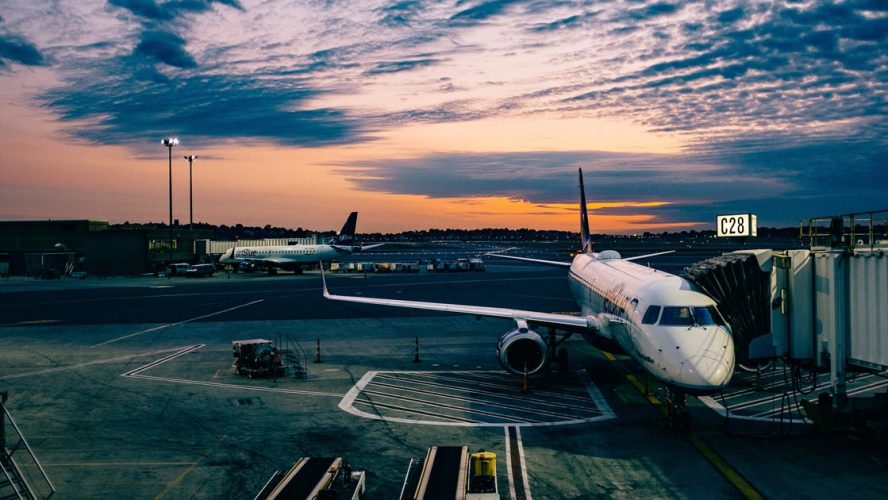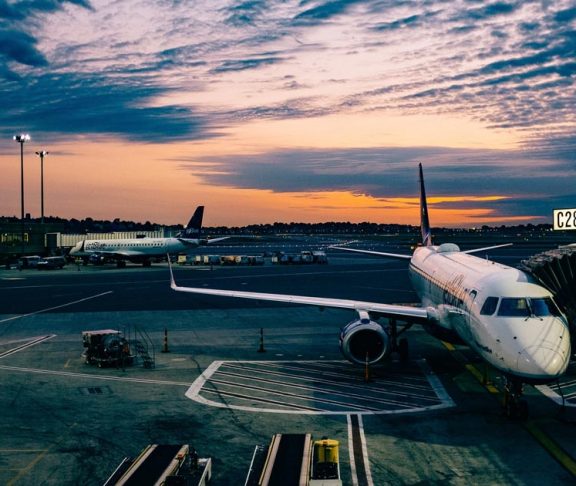
David Chapple
Group Event Director, Business Travel Show
Behind every gallant road warrior lies a hard-working travel manager: the piggy in the middle between the organisation’s commercial goals and the traveller’s desire for comfort and convenience. It’s not an easy job.
The travel-Jack-of-all-trades, a travel manager, be must be all things to all people.
On the one hand, you have stakeholders pressuring you to cut costs and increase compliance. On the other, you have travellers demanding a more personalised experience that prioritises comfort and convenience. With a renewed focus – from all industries, not just travel – on employee health and wellbeing, these requests can’t be ignored.
But profit is profit, right? So how do travel managers keep everyone happy?
And what are the big business travel trends heading your way that can help them achieve a happy equilibrium?
Incoming travel trends for industry this year
Thanks to the impact technology has had – and continues to have – on the travel industry, evolution in business travel is fast-paced. It’s critical for travel managers to keep a finger on the pulse of trends affecting travel, travellers and business. There are your evergreen challenges to keep in mind, such as rising costs, supplier consolidation and traveller risk, safety and security. Trending topics incoming for 2019 include consumerisation, personalisation, data, distribution and Brexit.
Use mobile apps to engage travel consumers
Technology has been instrumental in changing the way we book travel, both at home and for work. The ubiquity of mobiles has driven a seismic shift in the number of travel-related apps available. We use our phones to book flights, train travel, accommodation, to check in, hail a cab, look up directions, monitor departure times, translate for us, find a local restaurant… This, coupled with the increasing number of millennials now travelling for business, has forced the corporate travel sector, in particular, travel management companies (TMCs), to also introduce similar, user-friendly apps with the aim of simultaneously increasing convenience and compliance.
Trending topics incoming for 2019 include consumerisation, personalisation, data, distribution and Brexit.
Anticipate the business traveller’s personal needs
Designing technology around traveller needs is just one element of a growing trend towards traveller centricity. Travel managers are becoming more aware of a need for personalisation: moving away from a one-size-fits-all approach and considering individual travellers’ preferences. This could be as simple as not wanting to travel before 7am or at weekends, asking to stay in a hotel chain with a gym, or perhaps a particularly tall traveller requesting an airline seat with extra leg room.
The idea behind personalisation is simple: a happy traveller will be more productive both on the road and back at the office, which leads to improved health and wellbeing, loyalty and retention. Chasing the cheapest option is not always the most cost-effective solution. Spending a few extra pounds in the short-term to put the traveller first can easily pay for itself ten times over.
Use data to create better travel experience and save money
Using data is another tool driving personalisation. Travel managers and TMCs are both learning how to collect, analyse and apply data in a way that can both deliver better experiences for travellers and improve efficiency and profitability. The industry is terming this movement ‘predictive analytics’, and TMCs in particular are using technology to create powerful algorithms to find new ways of saving money.
Major players are changing inventory distribution
One of the biggest trends to affect the industry in recent years is new distribution capability (NDC). Travel inventory – flights, hotel rooms, rail tickets – have previously been held on the global distribution system (GDS), which first- and third-party sellers have access to. This is changing. Spearheaded by the International Air Transport Association (IATA), some airlines (including British Airways) are removing their flights from the GDS, which will allow them to sell direct and sell differently.
Intermediaries – like travel management companies – are currently doing deals with NDC partners to ensure travel managers can still access this inventory free of charge. 2019 is a pivotal year as the first flight has already been sold through the NDC, and IATA wants at least 20 airlines to have 20% of their indirect bookings to be made using NDC by 2020.
…and the ‘B’ word (Brexit!)
No article is complete without mentioning the ‘B’ word. Brexit could influence where and how airlines operate, rising travel costs thanks to currency fluctuations and the performance of sterling, the movement of travellers between the UK and the EU, and the process for visa and passport applications as well as other travel documentation.

